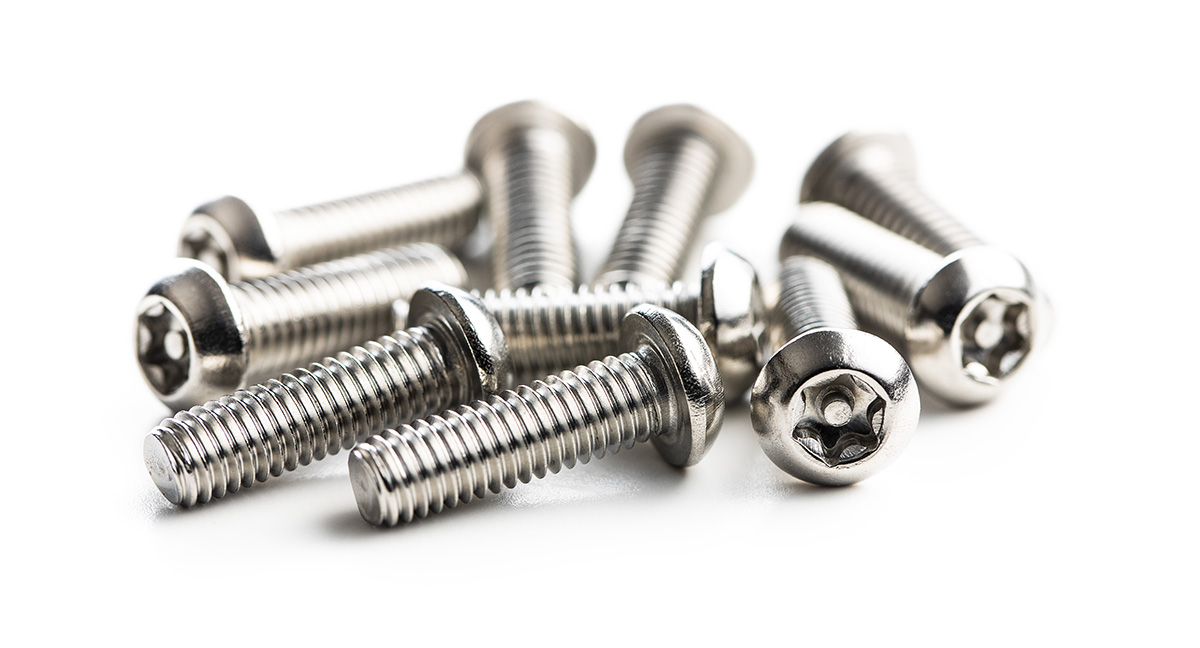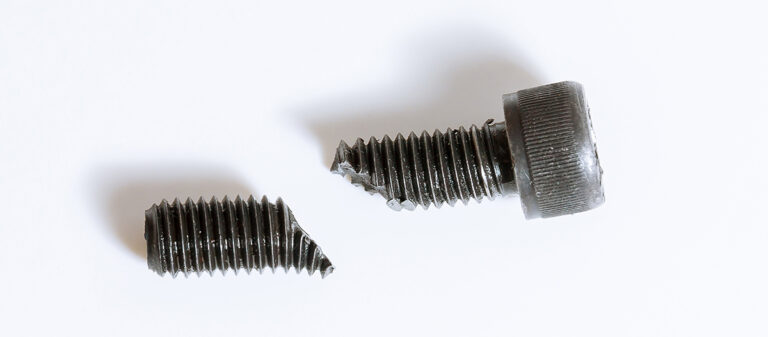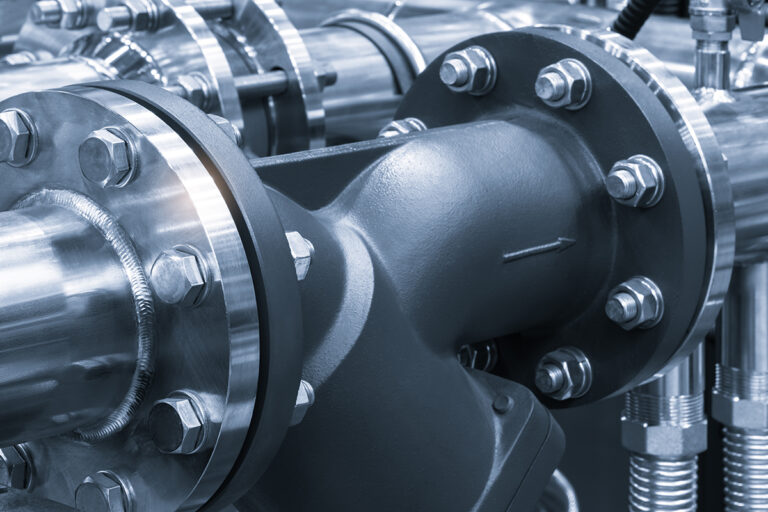Security screws are a vital component in numerous applications, offering protection against tampering and unauthorised access. In this blog, we’ll explore the key aspects of 304 vs 316 stainless steels, focusing on their use in security screws. Both materials have their strengths, but understanding their differences is crucial to making an informed decision when buying security screws.
Understanding the Basics
304 Stainless Steel: The All-Rounder 304 stainless steel, also known as 18/8 stainless steel due to its composition of the 18% chromium and 8% nickel, is the most commonly used stainless steel. It’s known for its excellent corrosion resistance, high durability, and ease of fabrication. This makes 304 stainless steel a popular choice for a wide range of applications, including security screws.
316 Stainless Steel: The Specialist 316 stainless steel takes corrosion resistance a step further with the addition of 2-3% molybdenum. This addition enhances its resistance to chlorides and harsh environments, making 316 stainless steel ideal for more demanding applications. It’s often used in marine environments, chemical processing, and pharmaceuticals, where superior corrosion resistance is necessity.
Comparing Corrosion Resistance
When it comes to security screws, corrosion resistance is a critical factor. Security screws are often used in outdoor or high-moisture environments where they are exposed to the elements.
304 Stainless Steel: 304 stainless steel offers good corrosion resistance, suitable for most general applications. However, in environments with high chloride exposure, such as coastal areas, 304 may be prone to corrosion over time.
316 Stainless Steel: 316 stainless steel, with its added molybdenum, provides superior resistance to chlorides and other corrosive elements. This makes it the preferred choice for security screws in harsh environments, including marine and coastal applications. The improved corrosion resistance ensures the longevity and reliability of the screws, even in the hardest conditions.
Strength and Durability
Both 304 and 316 stainless steel offer the strength and durability essential for security screws that must withstand tampering and unauthorised removal.
304 Stainless Steel: 304 stainless steel offers high tensile strength and durability, making it a reliable choice for security screws in most applications. Its excellent formability also allows for various screw designs and types.
316 Stainless Steel: While 316 stainless steel offers similar tensile strength to 304, its improved resistance to harsh environments means it maintains its integrity longer in challenging conditions. This added strength makes 316 stainless steel screws a worthwhile investment for high-security applications in corrosive environments.
Cost Considerations
Cost is always a factor in material selection. Generally, 316 stainless steel is more expensive than 304 due to its higher nickel content and the addition of molybdenum.
304 Stainless Steel: 304 stainless steel is typically less expensive and offers excellent value for applications where its corrosion resistance and durability are sufficient.
316 Stainless Steel: The high cost of 316 stainless steel makes sense in environments that needs superior corrosion resistance. For security screws exposed to harsh conditions, the investment in 316 can prevent frequent replacements and potential security breaches due to corroded screws.
Applications of Security Screws
304 Stainless Steel Security Screws
- Indoor applications
- General outdoor use where exposure to harsh elements is minimal
- Applications where cost efficiency is a priority
316 Stainless Steel Security Screws
- Marine and coastal applications
- Chemical processing plants
- High-moisture environments
- Any application where superior corrosion resistance is essential
Conclusion
Choosing between 304 vs 316 stainless steel for security screws depends on the specific requirements of your application. If cost is a significant concern and the environment is not particularly harsh, 304 stainless steel is a reliable and cost effective choice. However, for applications exposed to corrosive elements, the superior resistance of 316 stainless steel justifies its higher cost, ensuring longevity and enhanced security.
Our team of experts are ready to assist you in choosing the most suitable security screws for your specific requirements.
Contact us today on 1800 776 565.
Secure Your Assets with Sentinel Group Security Screws.
Choose Sentinel Group Security & Customised Fastening Solutions.




